Premium Only Content
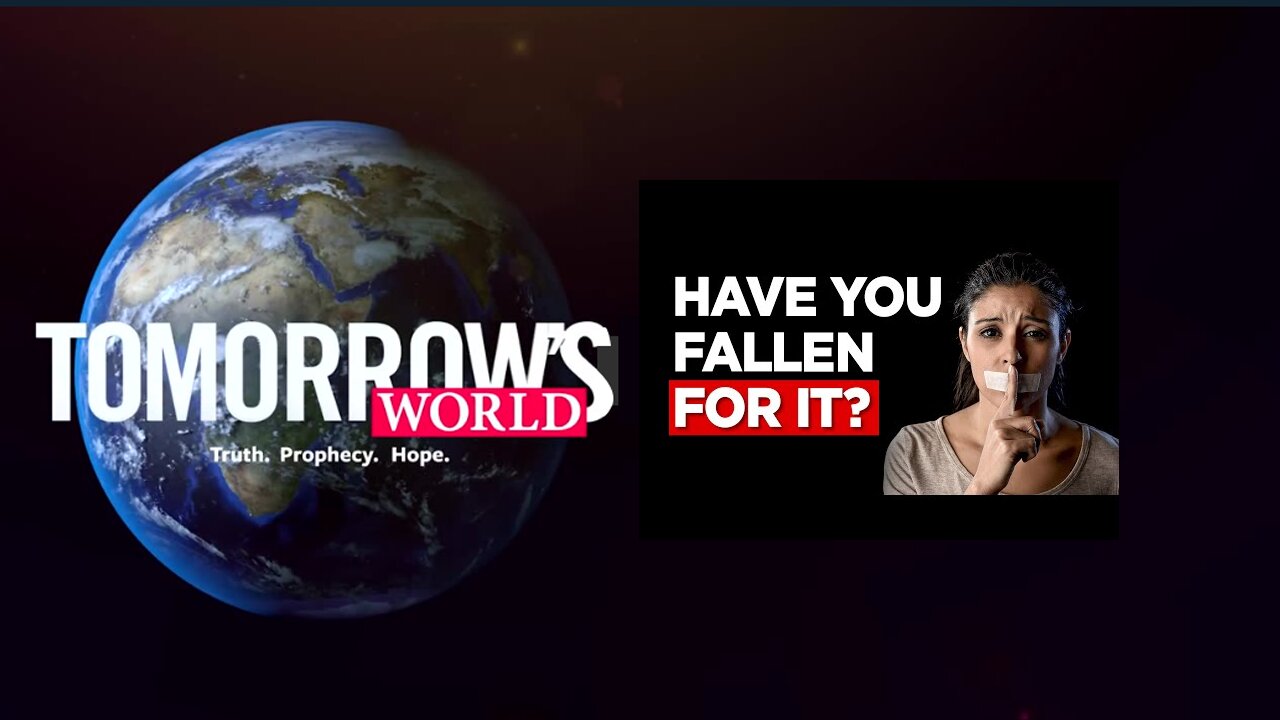
A Sinister Deception: How Political Correctness is Destroying Society
To learn more on what God says about political correctness order our Free DVD: "Culture in Crisis" https://bit.ly/49nmS3d Why is this free? We are determined to follow Jesus’ command too "freely give" (Matthew 10:8).
Mr. Weston's presentation offers a comprehensive examination of the phenomenon commonly referred to as political correctness. Presented in a monologue format, Mr. Weston delivers a detailed analysis of the historical origins, underlying motivations, societal impacts, and moral implications of political correctness.
The presentation begins with a provocative trigger warning, signaling the contentious nature of the topic and preparing the audience for a candid discussion. Mr. Weston adeptly navigates through the historical context of political correctness, tracing its roots back to the Communist Party in the 1930s. Drawing from authoritative sources such as Boston University Professor Angelo Cavilla and conservative author Bill Lind, he provides valuable insights into the origins and objectives of political correctness.
One of the notable aspects of the presentation is its thorough examination of the motivations driving political correctness. Mr. Weston argues that while some perceive it as a well-intentioned effort to promote inclusivity and sensitivity, others view it as a tool for exerting control and stifling dissent. This nuanced perspective invites the audience to consider the broader implications of political correctness on freedom of expression and societal cohesion.
Moreover, Mr. Weston skillfully incorporates religious viewpoints into the discussion, particularly focusing on Christianity's stance on political correctness. By referencing biblical teachings and moral principles, he adds depth to the analysis, illustrating how political correctness intersects with religious beliefs and ethical values.
The presentation also emphasizes the importance of historical and contemporary examples of resistance to political correctness. Mr. Weston underscores the significance of dissent and critical thinking in challenging prevailing norms and preserving individual freedoms. This aspect of the presentation serves as a call to action, urging the audience to engage in constructive dialogue and advocacy against oppressive ideologies.
Overall, Mr. Weston's presentation offers a compelling and thought-provoking exploration of political correctness, covering a wide range of themes and perspectives with clarity and depth. It effectively stimulates intellectual discourse and prompts reflection on the complex interplay between language, ideology, and societal norms.
Questions that this video will answer.
1. When and why did political correctness emerge, and what are its underlying goals?
Explore the historical roots of political correctness, its emergence among Communist circles in the 1930s, and its evolution into a broader societal phenomenon. Discuss the motivations behind promoting political correctness and its intended impact on language and thought.
2. Who are the driving forces behind political correctness, and what are their ultimate objectives?
Delve into the various ideological groups and individuals advocating for political correctness. Investigate their motivations, whether rooted in Marxist ideology, social engineering agendas, or other philosophical frameworks. Discuss the long-term goals of these influencers and their impact on societal norms and values.
3. Is political correctness a benign attempt at compassion or a more insidious form of control?
Examine differing perspectives on political correctness, considering whether it is perceived as well-intentioned efforts to promote inclusivity and sensitivity or as a tool for stifling dissent and controlling discourse. Discuss the potential consequences of either interpretation on freedom of expression and societal cohesion.
4. How does political correctness intersect with moral and ethical principles, particularly in religious contexts?
Explore the implications of political correctness within religious frameworks, such as Christianity. Investigate whether adhering to political correctness aligns with moral teachings and ethical values, or if it poses challenges to religious beliefs and practices. Consider how religious communities navigate the tension between societal norms and spiritual convictions.
5. What lessons can we draw from historical and contemporary examples of resistance to political correctness?
Analyze historical and modern instances where individuals or groups have pushed back against political correctness. Discuss the strategies employed, the outcomes achieved, and the broader implications for freedom of expression and cultural discourse. Explore potential avenues for constructive dialogue and reconciliation amidst differing perspectives on political correctness.
-
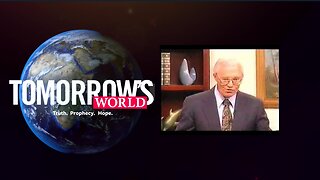 28:32
28:32
Tomorrow's World - Rumble
6 days agoThe Answer to Juvenile Delinquency
7 -
 17:26
17:26
Tactical Advisor
2 hours agoEverything New From Primary Arms 2025
1581 -
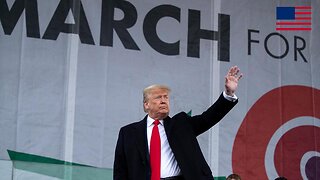 LIVE
LIVE
The Charlie Kirk Show
1 hour agoThe Greatest Pro-Life President + AMA | Gingrich | 1.24.2025
8,304 watching -
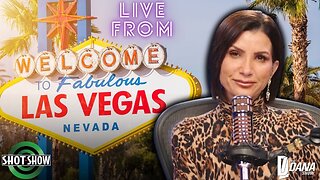 LIVE
LIVE
The Dana Show with Dana Loesch
1 hour agoThe Dana Show LIVE From SHOT Show | Day 3
723 watching -
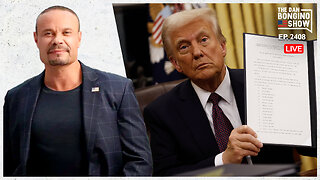 1:02:50
1:02:50
The Dan Bongino Show
3 hours agoAre You Tired Of Winning Yet? (Ep. 2408) - 01/24/2025
448K961 -
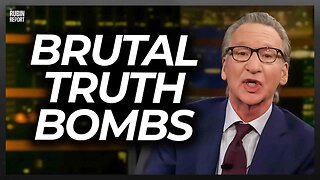 48:57
48:57
The Rubin Report
1 day ago'Real Time' Crowd Stunned as Bill Maher Gives a Brutal Message to Democrats with Adam Carolla
39.8K22 -
 1:01:52
1:01:52
Dr. Eric Berg
3 days agoThe Dr. Berg Show LIVE January 24, 2025
15.8K5 -
 38:56
38:56
Tudor Dixon
3 hours agoFrom Mob Life to Redemption with Michael Franzese | The Tudor Dixon Podcast
2.71K -
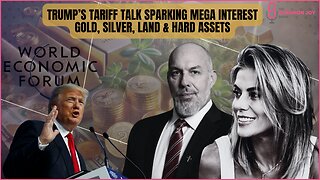 LIVE
LIVE
The Shannon Joy Show
2 hours ago🔥🔥LIVE - Exclusive With Paul Stone! The Race For REAL. Trump’s Tariff Talk Sparking Mega Interest Gold, Silver, Land & Hard Assets🔥
820 watching -
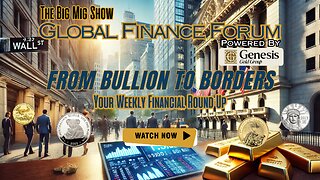 1:01:38
1:01:38
The Big Mig™
1 hour agoGlobal Finance Forum From Bullion to Borders
10.2K2